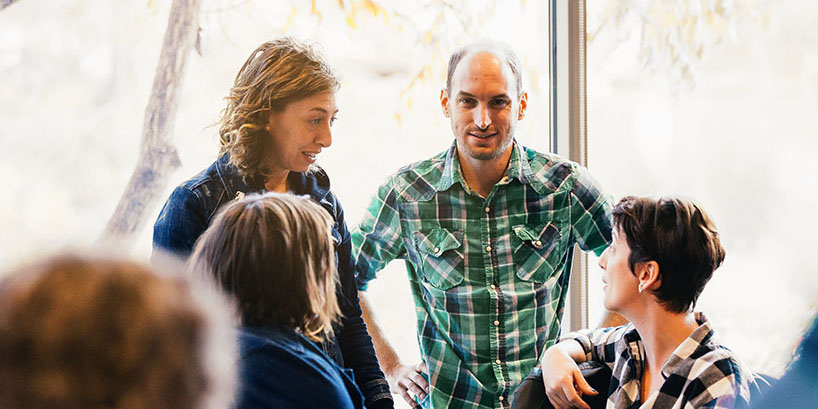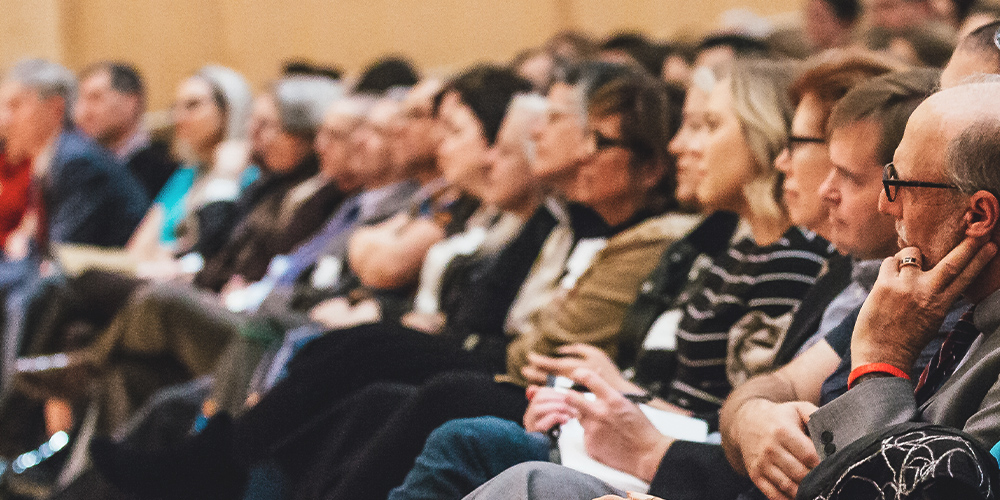Academic Research
Since 1988, the Tanner Humanities Center has proudly funded academic research for scholars at various stages of their careers. The Center offers a range of fellowship opportunities, including Undergraduate Research Fellowships, Graduate Research Fellowships, Mormon Studies Graduate Research Fellowships, Virgil C. Aldrich Faculty Fellowships, Obert C. & Grace A. Visiting Research Fellowships, and the Annie Clark Tanner Fellowship in Environmental Humanities and Environmental Justice. The Tanner Humanities Center is committed to supporting interdisciplinary scholarship beyond departmental and disciplinary boundaries. Many fellows publish work undertaken at the Tanner Center in articles, critical academic journals, and books with respected national and international publishers, including Yale, Oxford, Cambridge, Harvard, and Princeton.
In addition to funding academic research, the Tanner Humanities Center offers fellows the opportunity to join a robust community of fellows on the University of Utah campus. Fellows have an office at the Center and attend talks with leading scholars on essential issues like climate, justice, and democracy. This year, the Center has proudly hosted such luminaries as Azar Nafisi, Joy Harjo, and Heather McGhee—whose work showcases the vital role that the humanities have in developing critical thinking, tolerance, and respect on campus and in the community. Central to the Tanner Center’s community of scholars is the opportunity to get feedback and support on their research through the Works-in-Progress Talks. Since 2006, the Tanner Center has hosted more than 100 Works-in-Progress Talks, which allow fellows to workshop drafts with their peers and share their research with the wider Utah community.
“I was eager to be a Graduate Research Fellow at the Tanner Humanities Center for precisely these reasons — and I can confidently say that my experience at the Tanner has profoundly shaped my work. In short, the Tanner Center offers an invaluable opportunity for fellows to develop new lines of scholarly inquiry, learn from leading scholars in the field, and make lasting connections with other humanists.” - Sean Collins


